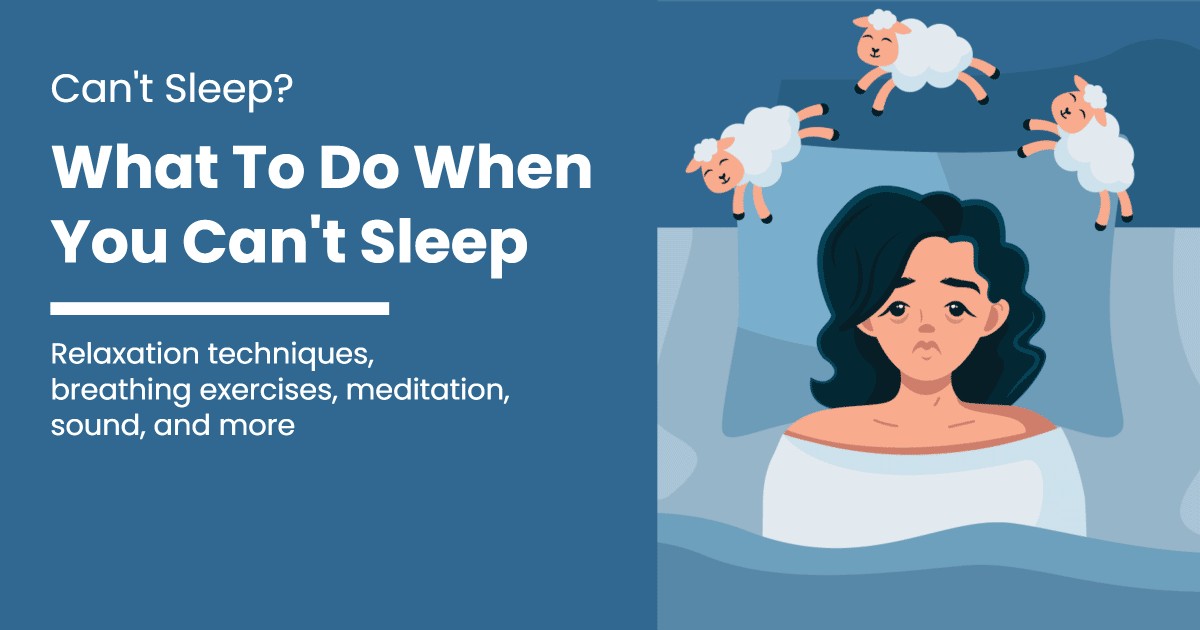Sleep is one of the most important pillars of health, yet for many people it feels elusive. The temptation to reach for pills or supplements when nights become restless is understandable, especially for professionals who feel pressure to function at high levels regardless of how well they slept. However, relying on medication often addresses only the symptom, not the cause, and can lead to dependency or diminishing effectiveness over time. Learning how to sleep better without pills not only creates more sustainable rest but also empowers individuals to regain control over their natural rhythms. With the right approach, sleep can become a restorative experience rather than a nightly battle.
One of the most powerful influences on sleep is the body’s internal clock, also known as the circadian rhythm. This rhythm regulates when we feel alert and when we feel sleepy, and it is highly sensitive to light exposure. Modern lifestyles often disrupt this natural cycle by flooding the evening hours with artificial light from phones, laptops, and televisions. Blue light, in particular, suppresses melatonin production, the hormone that signals the body it is time to rest. To improve sleep naturally, creating a clear distinction between day and night is essential. This might mean stepping outside for natural sunlight in the morning, keeping lights bright during working hours, and then dimming them in the evening to signal to the body that bedtime is approaching. Even simple changes, like switching to warmer light bulbs at night or using screen filters, can help restore balance to the circadian rhythm.
Beyond light exposure, the environment in which we sleep plays a critical role in determining rest quality. A cluttered, noisy, or uncomfortable bedroom sends subtle signals of stress, while a calm and supportive environment tells the body it is safe to let go. Professionals who thrive on productivity often overlook how their physical space affects their ability to unwind. Investing in a supportive mattress, keeping the room cool, and minimizing distractions like background noise can make a significant difference. Some find white noise machines or calming sounds effective in masking disturbances, while others may prefer complete silence. Small details, such as breathable bedding or blackout curtains, create conditions that make sleep less of a struggle and more of a natural transition.
Stress management is also essential, because a racing mind is one of the biggest barriers to falling asleep. Many people carry the concerns of their day straight into bed, replaying conversations, worrying about deadlines, or planning tomorrow’s tasks. This mental activity keeps the nervous system activated, making it difficult to relax. Establishing an intentional wind-down routine can be transformative. Instead of abruptly switching from work or screen time to trying to sleep, setting aside even 20 to 30 minutes for calming activities can signal the body it is time to transition. Reading a book, practicing gentle stretches, or engaging in mindfulness exercises are all ways to quiet the mind. Professionals might view this as wasted time, but in reality, it is a strategic investment. By calming the nervous system before bed, the chances of falling asleep quickly and sleeping soundly increase dramatically.
Dietary choices also influence sleep quality, often in ways people do not realize. Stimulants like caffeine can linger in the body for hours, disrupting the ability to fall asleep even if consumed early in the afternoon. Alcohol, while it may make people feel drowsy, actually interferes with the deeper stages of sleep, leading to more fragmented rest. A balanced approach is to avoid stimulants too close to bedtime and to create evening meals that are satisfying without being heavy. Certain foods, such as those rich in magnesium—like leafy greens, nuts, and seeds—support muscle relaxation and can promote better rest. For professionals with unpredictable schedules, being mindful of how food and drink affect sleep is a subtle but powerful form of control.
Movement throughout the day is another natural aid for better sleep. Regular physical activity improves overall sleep quality by reducing stress hormones and increasing time spent in deep, restorative stages of rest. The timing, however, matters. Exercising too close to bedtime can be stimulating, making it harder to fall asleep, while morning or afternoon activity helps regulate the circadian rhythm. Even light exercise, such as walking or yoga, can make a difference. The key is not intensity but consistency, creating a rhythm where the body uses energy during the day and naturally seeks recovery at night.
Mental associations with the bedroom also influence sleep. Many people work, eat, or scroll through their phones in bed, which blurs the boundary between rest and stimulation. Over time, the brain begins to associate the bedroom with wakefulness rather than sleep. A more effective approach is to reserve the bed for sleeping and intimacy only. This trains the mind to connect the space with relaxation, making it easier to fall asleep when it is time. For professionals accustomed to working late hours, separating the workspace from the sleeping space—even symbolically—can make a noticeable difference in sleep quality.
Perhaps one of the most overlooked aspects of improving sleep naturally is patience. In a culture that prizes immediate results, it can be frustrating to adopt new habits and not see instant change. But sleep is a reflection of overall lifestyle, and it often takes time for the body to recalibrate. Instead of looking for perfection each night, it is helpful to focus on patterns over weeks and months. Professionals who apply this mindset to their work projects—understanding that long-term consistency matters more than short-term wins—can bring the same perspective to their health. Gradually, the body learns to trust the routine, and sleep becomes easier and more dependable.
Learning how to sleep better without taking pills is ultimately about respecting the body’s natural systems. It means aligning daily habits with biological rhythms, creating environments that encourage relaxation, and addressing the mental and physical stressors that interfere with rest. The payoff goes beyond feeling well-rested. Quality sleep sharpens focus, improves decision-making, and strengthens resilience—traits that are indispensable in both personal and professional life. By cultivating simple, sustainable practices that support natural rest, sleep becomes not another problem to solve but a resource that restores energy and clarity for the demands of tomorrow.




